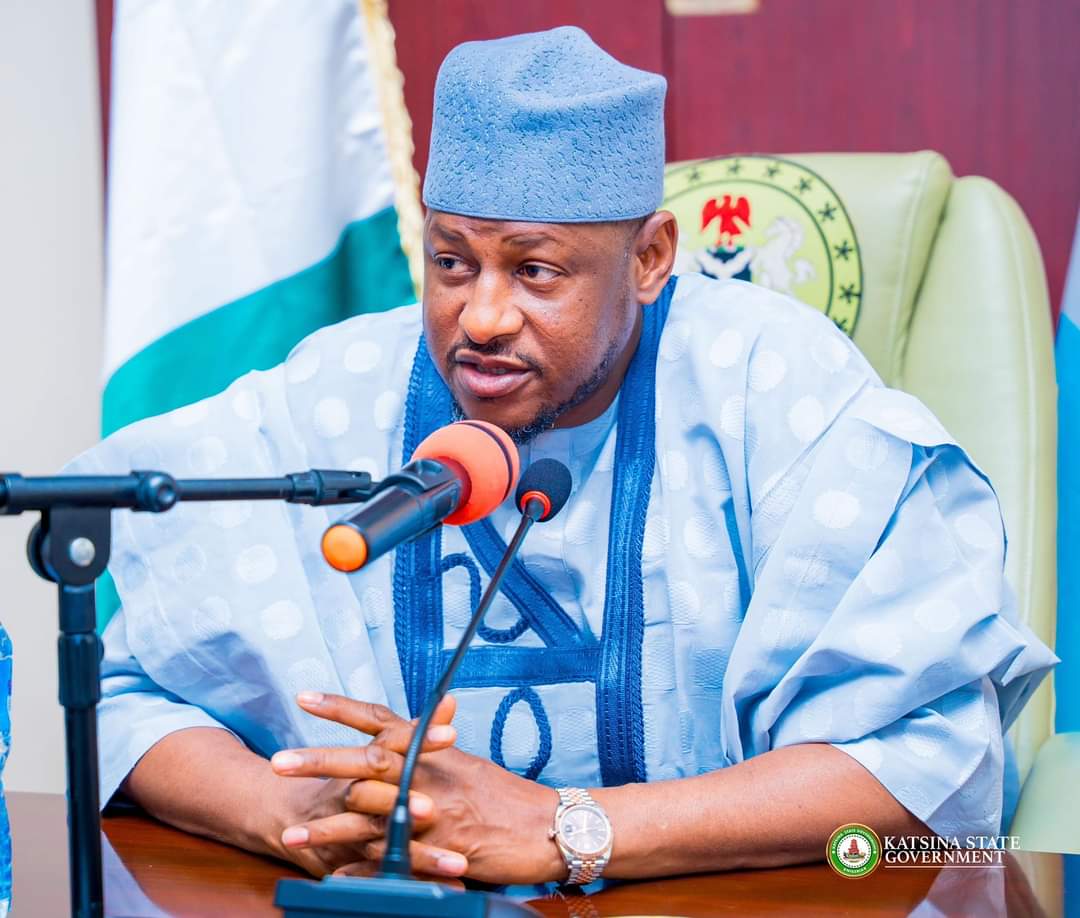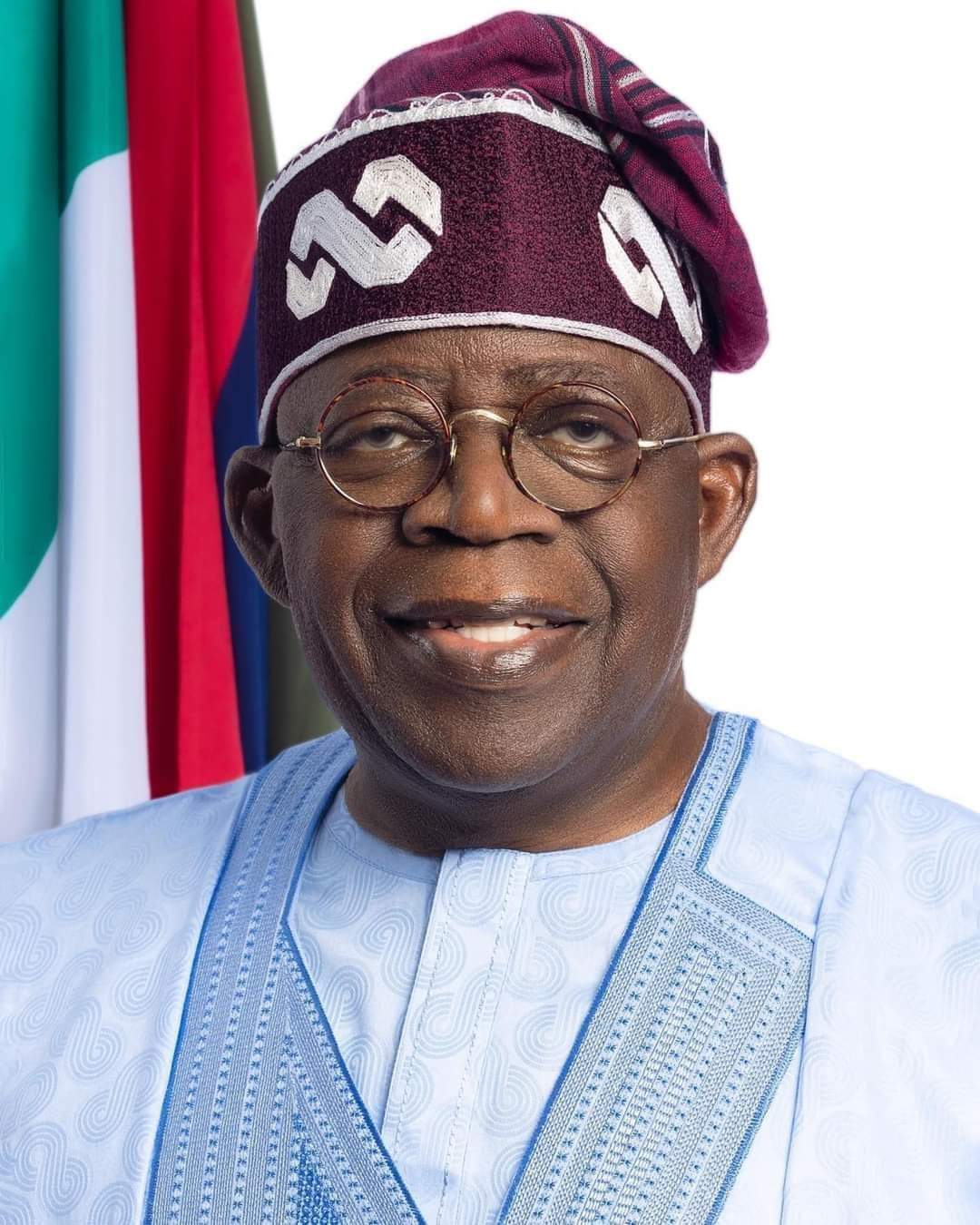President Bola Tinubu's Fuel Price Hikes – A Burden on Nigeria's Poor

- Katsina City News
- 09 Oct, 2024
- 84
By Zaharaddeen Ishaq Abubakar
Under President Bola Tinubu’s leadership, Nigeria has witnessed a sharp rise in fuel prices, drastically affecting the lives of the country’s poor. Since May 2023, the removal of fuel subsidies has led to the price of petrol skyrocketing from ₦198 to over ₦1,000 per liter. This fuel price hike has placed an unbearable burden on the nation’s poor, many of whom depend on low incomes for their daily survival.
Impact of the Fuel Price Hike on the Economy:
The removal of the fuel subsidy, touted as a necessary step to salvage Nigeria’s economy, has instead led to a significant increase in the cost of living. A large section of Nigeria’s population, especially informal workers, low-wage government employees, and small-scale traders, has felt the immediate pinch. The increased transportation costs and skyrocketing prices of essential goods have left many struggling to keep up with basic needs, causing widespread anxiety about the future of the country's economy.
Economic Experts and Civil Society Reactions:
Economic experts and civil society groups, including ActionAid Nigeria, have raised concerns that the removal of the subsidy without proper measures to cushion the poor is detrimental to the country’s progress. They argue that the government should have introduced direct relief programs for citizens rather than burdening them with higher living costs, which has only deepened poverty.
Nigeria’s Economic Future:
With this situation, the looming question remains: what is Nigeria planning to do to address this crisis and ease the suffering of its citizens? If the current trajectory of rising prices continues without adequate economic reforms, the nation could face further economic degradation, leaving millions of Nigerians in deepening poverty and uncertainty.







